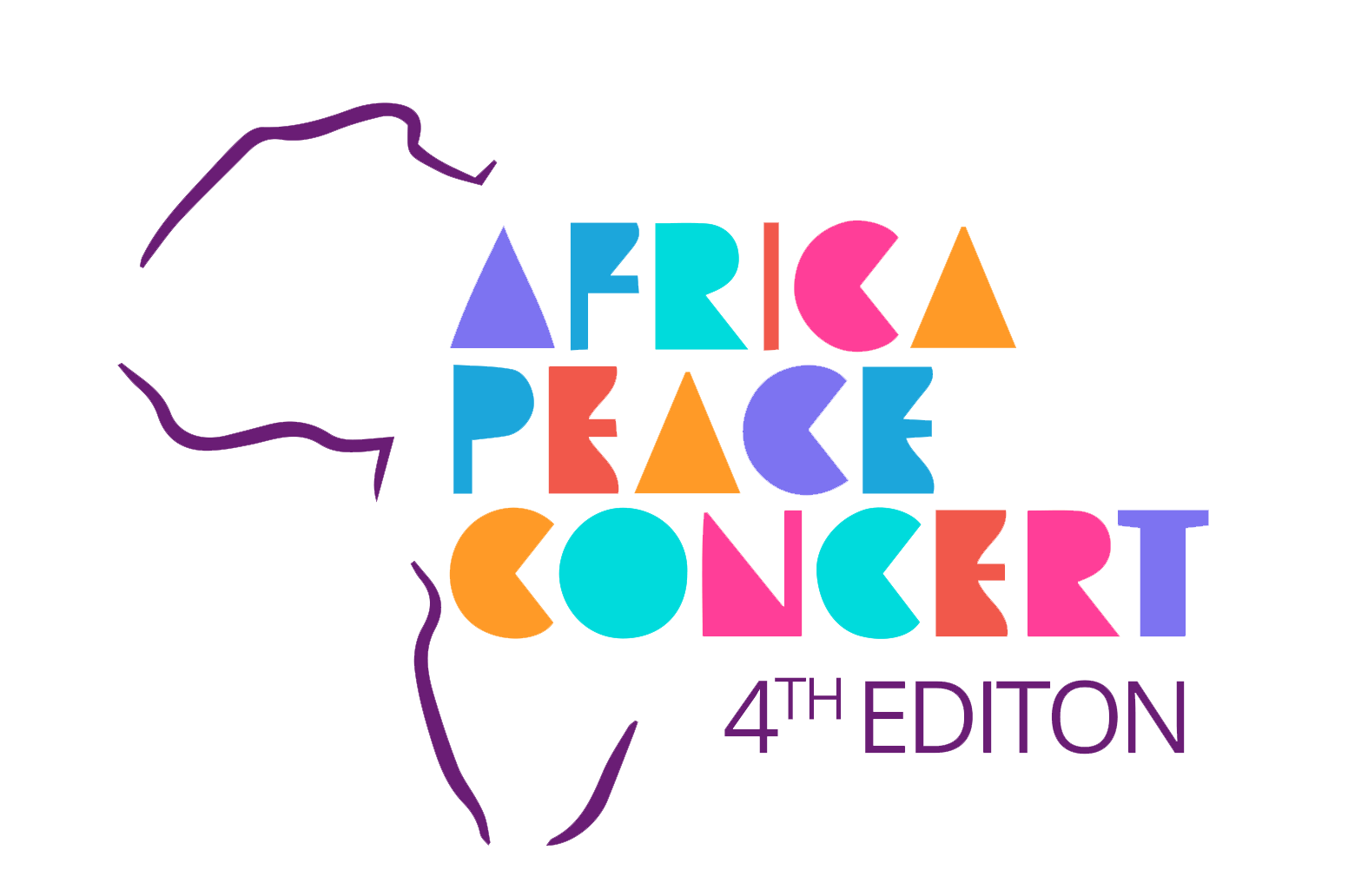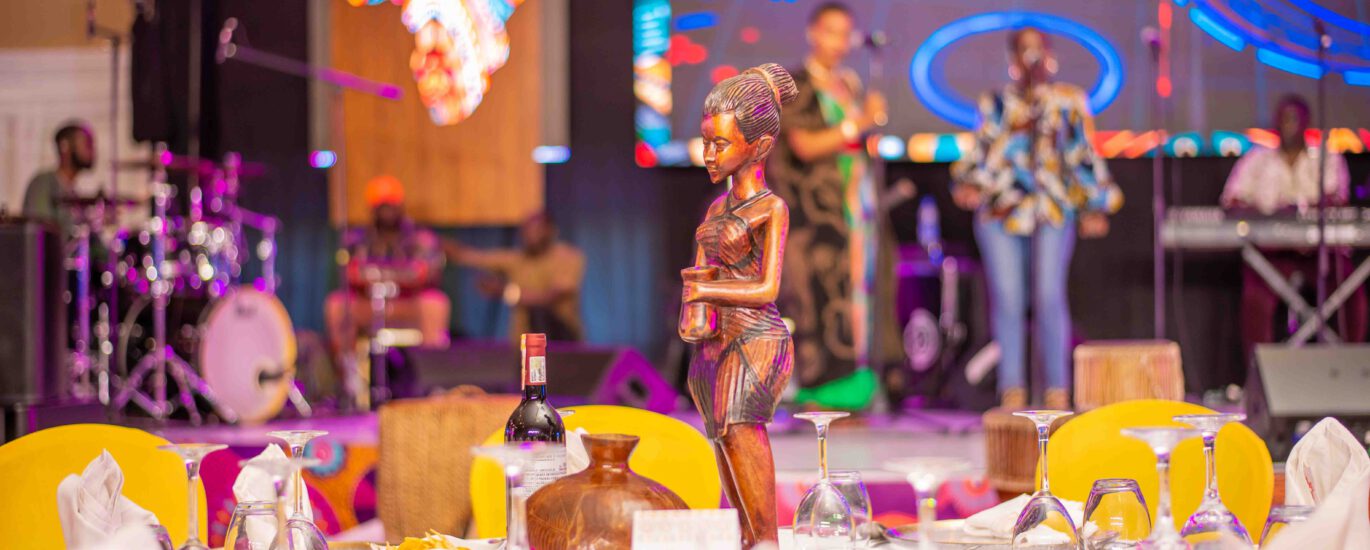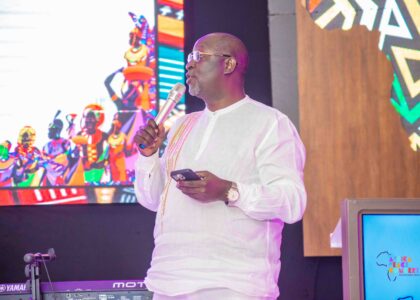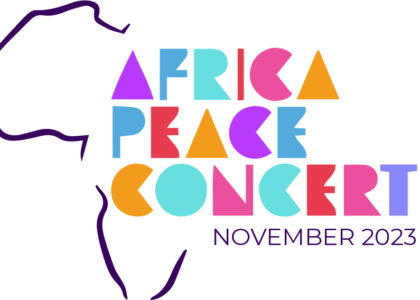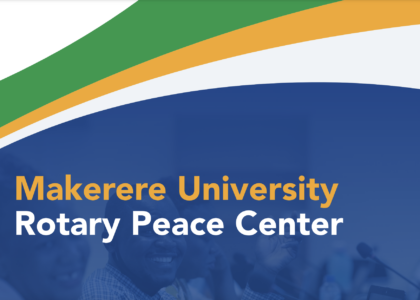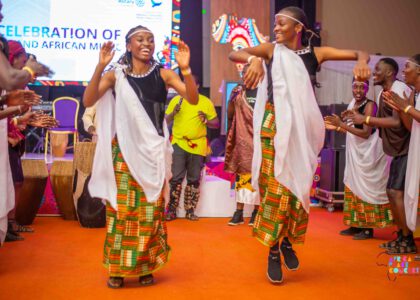By Jennifer Montgomery
Rotary Peace Fellow 2021
While visiting a settlement in Kampala with my peace fellow colleagues during my 2021 fellowship at the Rotary Peace Center at Makerere University, I met some women who worked in a brothel. I listened to their stories about life in extreme poverty, their challenges in staying safe and healthy, and their hopes and dreams for themselves and their children. I felt like these women deserved a chance at life, so I responded when they asked for my help by focusing my social change initiative on determining the key drivers of Gender Based Violence (GBV) in their community.
Many of the women didn’t have the money to get an education or skills training and being idle in their community made them a target for violence. I knew education and skills were important but first we needed to address the trauma many of them had from a lifetime of sexual violence and build resilience and community. For my initiative, I used my skills as a visual artist to help 70 women, who faced sexual violence, human trafficking, food insecurity, disease, and unsafe housing, build resilience through mindfulness, expressive arts, and leadership training.
What began as my social change initiative, a required component of my Rotary Peace Centers certificate program, has become Magenta Girls Initiative (MGI), a women-led nongovernmental organization. Established in 2021 and registered as a nonprofit in the United States in 2022, I founded MGI with three Ugandan women to advance educational and economic opportunities for at-risk girls and women around the world.
Because of my experience as a peace fellow at Makerere, I met others who also had a strong commitment to social change. One of those people was Gorett Komurembe. When we met, we realized a shared passion for equipping girls and young women with the support and tools needed to overcome harmful gender norms, generational poverty, GBV and the trauma that follows.
Gorett and I have served as directors of programs that work to safeguard at-risk women
and girls. My focus has been on anti-human trafficking policy for the Kansas attorney general’s office in the United States, and Gorett promotes gender equality in Uganda with the Coalition
for Action on 1325 under the United Nations Women, Peace, and Security agenda.
With our combined experience of more than twenty-five years of creating and implementing effective interventions for vulnerable girls and women around the globe we know how to design and execute effective projects.
Thanks to the Peace Center’s commitment to community engagement, we met two exceptional women Rotarians from Kampala who shared our enthusiasm and dream of empowering young women to transcend significant situational barriers to education, self-actualization, and well-being. These women are co-founders, board members and advisors for MGI.
Each one of our four founders overcame the odds baked into their life circumstances to successfully complete impressive post-graduate degrees and rise to the level of experts in their combined fields of gender, education, public policy and communications. We are recognized leaders in the social impact field and purposefully determined to offer a hand up to the most vulnerable women and girls living in urban slums, refugee camps, villages, and other marginalized communities.
By giving girls and women equal access to job skills and emotional and physical security means they can have individual peace and become peacemakers in their communities. Because of the generosity of Rotary members in the United States, our first group of 10 women completed vocational training in May.
We are currently working on a collaborative global grant with a local Kampala Rotary club and a U.S.-based partner that will skill 70 more women from the settlement area and enable MGI to enhance its programming and community outreach. The grant project creates a crisis response system in the settlement, as well as GBV prevention and response training for local leaders and Rotarians. It has been great to partner with Rotary and Rotary members through this collaborative effort.
We are hopeful that with more support, MGI can recruit full-time staff to build a trauma-informed education institute in Uganda, conduct personal outreach to girls who are not attending school, hire and train vocational skills teachers, and reach other vulnerable African
communities. Our goal is to create a thriving community of girls in education and young women
getting skills, who have a holistic way to heal, learn, and work for a better future.
We want to help them achieve self-sufficiency so they can break the generational cycle of
poverty for themselves and their children, and their children’s children.
For more information about Magenta Girls Initiative (MGI), please visit: www.magentagirlsinitiative.org.

